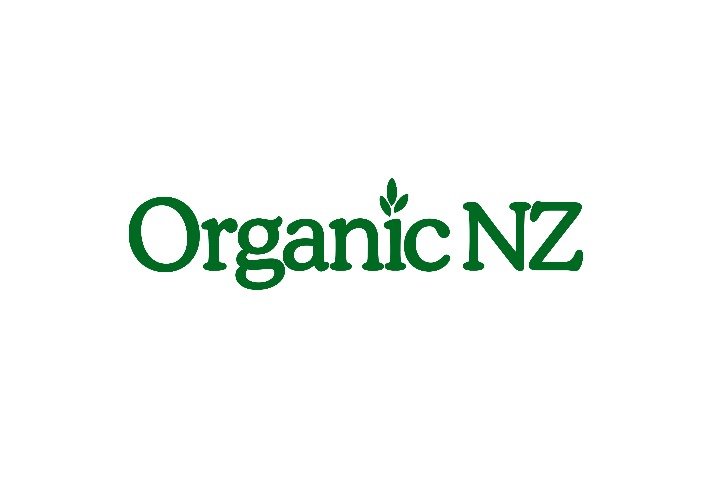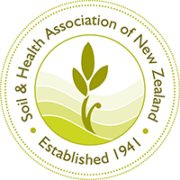Food Bill Blues
Our culture of home gardening, food sharing and small artisan producers is at risk of being suppressed by future ministerial decree, as is consideration of genetic engineering as a food safety issue. The Food Bill, supposedly intended to reduce compliance costs for the food industry and the incidence of food-borne illness, has such sweeping powers that even the best intent could be lost under bureaucratic pressure or a minister with a Monsanto agenda.
Social media campaign
A very effective social media and networking campaign regarding the Food Bill elevated concerns about bureaucracy intruding unnecessarily into the domestic food supply. Unfortunately some information circulated was incorrect, such as the Food Bill being put through during the summer holidays, or that seed saving was to be outlawed. Food Safety Minister Kate Wilkinson has clearly stated that seeds and plants for propagation will not be included in the Food Bill, following amendments possibly in February–March. However the social media campaign has been useful in exploring where the Food Bill may still need improvement.
Too much power to MAF and the minister
The current draft leaves the Ministry of Agriculture and Forestry (MAF) and the Food Safety Minister significant power to make amendments by way of regulation once the Food Bill becomes law. Swapping of home garden produce with neighbours and friends, and direct sales from horticultural producers to consumers, are meant to be exempt from the need for food safety plans under the proposed legislation. However the Food Bill empowers the minister to later change most things by way of regulation, including the exemption to swap food, although the officials say home gardening is not included in the Schedules of the Bill, so the Bill does not apply. Without clear statements of exclusion, it is difficult to find anything relating to food that the minister would not be able to change.
Changes to the Bill
The minister does not want a fresh round of submissions on the Bill although public awareness and concern has grown since the first round, and many people have expressed interest in submitting their views on the Bill. However the minister and officials have said they would like wording suggestions from me. Blanket exemptions to encourage New Zealand’s culture of gardening, food preserving and community sharing must be drafted in such a way that any significant future changes must go through the full parliamentary process.
Registration and exemptions
Except for those selling horticultural produce direct to the consumer, most operators (even the smaller growers or pickle producers) will need to apply for an exemption in order to avoid food safety verification and registration costs.
School fairs, churches, and community fundraisers could have sausage sizzle fundraisers with just food handler guidance (a best practice food safety pamphlet and no safety checking), yet a small grower wanting to sell some surplus plums to the corner dairy has to enter the bureaucratic jungle: register at a cost, apply for an exemption, or wait and hope that MAF and the minister decide to make an exemption after the Food Bill is through, but no promises.
It is possible that only ‘charitable’ groups can run sausage sizzles or food stalls under food handler guidance. Those strong advocacy groups without charitable status, such as such as Greenpeace and the National Council of Women, and political parties/supporters, may have to pay registration and undergo food safety plan verification for their sins.
GE, food sovereignty and other concerns
There are several issues that need revisiting in the current draft of the Bill, including genetic engineering, international joint food standards, free trade agreements such as the Trans Pacific Partnership Agreement (TPPA) and New Zealand food sovereignty, the level of force allowed by food safety officers, their immunity from prosecution, and the powers of the minister.
‘Genetic modification of food’ (GE) was included in a list of things that need food safety consideration under the minister’s regulatory powers, but has been deleted from the first draft. That is a double-edged sword, as whoever the current regime and minister is can clearly make a difference. However, with GE excluded, it is left to the trans-Tasman body Food Standards Australia New Zealand (FSANZ) to decide what GE food lines are safe. Our minister is one voice out of ten there. To date FSANZ has approved all of the more than 70 GE food line applications to potentially enter our food chain.
As the Food Bill is currently drafted, food standards separate from the trans-Tasman agreement can only be issued under certain limited and exceptional circumstances, and in both trans-Tasman and separate domestic standards the minister ‘must take into account’ the aim for consistency with international standards and ‘the need to give effect to New Zealand’s obligations under any relevant international treaty, agreement, convention, or protocol’ and ‘any other matters that the Minister considers relevant’. This is where free trade agreements such as the TPPA (currently being negotiated with the US without public scrutiny) slide on in.
Amendments needed
Amendments to the Food Bill could improve it significantly, ensuring New Zealand food sovereignty, confidence for growers and producers alike, encouraging food production at the local level and putting compliance costs where they belong: on the large agribusiness and food processors that manifest the greater food safety risks.
Steffan Browning is a Green Party MP and spokesperson for agriculture, fisheries, organics, GE, forestry, biosecurity and customs, security and intelligence.



